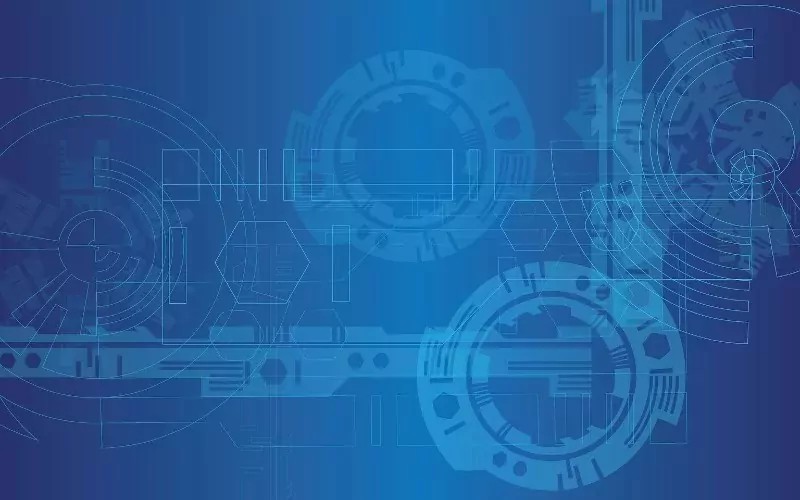With the advent of cutting-edge AI technology, buildings could soon transform into their own energy suppliers. This revolutionary development entails not only autonomy from traditional energy providers but also the possibility of generating revenue by selling surplus energy.
Incorporating AI energy analytics, this innovation offers a novel approach to energy consumption and management. The future may see buildings evolving from passive energy users to active market participants.
The integration of artificial intelligence into building systems heralds a new era of energy autonomy. Most buildings, until now, have largely depended on external energy suppliers, typically incurring costs that exceed the actual energy consumed due to additional levies and time-based charges. However, through AI-enhanced energy analytics, buildings can reduce their reliance on external sources by optimising energy consumption and storage effectively.
Such advancements empower buildings to sell excess energy back to the grid, creating a potential source of income. This capability is akin to participating in a peer-to-peer energy trading system, leveraging technology to maximise economic benefits.
This cooperation will be essential for overcoming hurdles and enabling smart buildings to effectively contribute to sustainable energy solutions, fostering a greener future.
Investment in large batteries and solar technology becomes truly beneficial, allowing for strategic energy management. Buildings can charge these batteries during low-cost periods, offering flexibility and cost savings.
The potential for energy independence could make buildings significant contributors to local energy grids. This transition marks a progressive step towards reducing collective carbon footprints and enhancing resource efficiency.
Users of this technology will be able to engage in the energy market, facilitating savings and generating income. This opportunity has emerged amidst a rapid evolution in energy solutions and market dynamics.
Qbots’ involvement in the CityVerve project exemplifies its commitment to showcasing future urban environments. By demonstrating smart city technologies, Qbots highlights the potential for integrated energy solutions in urban planning.
The potential for smart buildings to become energy suppliers is more than just a futuristic concept. With ongoing technological advancements and strategic collaborations, this vision is steadily transforming into reality.
As regulation and infrastructure evolve, buildings will not only achieve energy independence but may also play a pivotal role in defining sustainable urban landscapes. The journey towards energy autonomy promises a revolutionary impact on both economic and environmental fronts.

